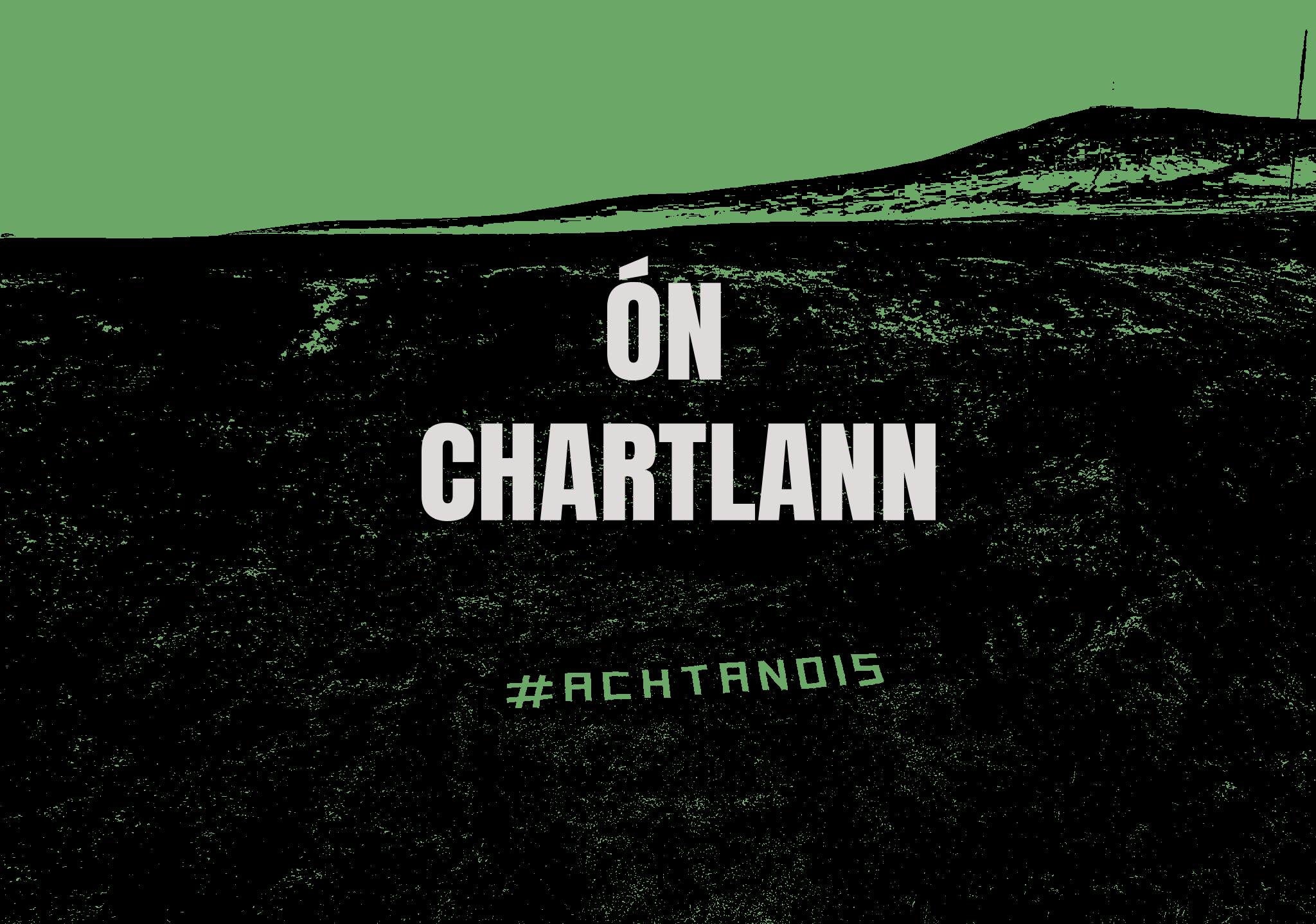An litir dhearg
Bí ar an eolas! Faigh ár nuachtlitir le bheith suas chun dáta leis na feachtais ar fad.

ARDS and North Down Borough Council is set to become the latest local government to adopt a dual language street sign policy.
The move by the unionist-majority council, if adopted, will leave just one area of Northern Ireland, Mid and East Antrim, without a policy allowing signs to have a language other than English.
But there are sharp differences in the policies of the different council areas, with the process much easier in areas with a majority of nationalist and republicans.
Councils have received legal advice they have a duty to draw up a dual language policy under various statutes dating back to when they were first allowed under a 1995 act.
Belfast City Council’s policy was changed to ease applications, with the process beginning following an application by one individual or a councillor representing the area where the street is situated. Further if 15 per cent of those who reply are favour then the application can move forward.
Sinn Féin, Alliance, the SDLP, the Green Party, and the People Before Profit Party all support the new street sign policy, while the three unionist parties, the DUP, UUP and PUP, opposed its introduction.
This new policy is similar to ones in Newry and Down, Derry City and Strabane, Mid Ulster and Fermanagh and Omagh, but differs from those across a wide area of the north.
“A street naming and number policy that includes the provision for dual language signs received approval at last week’s Environment Committee meeting,” a spokesman for North Down and Ards said.
“The committee’s decision is currently subject to the council’s ‘call-in’ process before it progresses to a council meeting for consideration. It will not be acted upon until the policy is considered in full by the council.”
But the proposed policy - which, as with all council areas, does allow for street signs in Ulster Scots and any other language - will make the application and overall process difficult.
Under the policy, an application needs the support of a petition containing not less than one third of those aged 18 and over and on the electoral register.
Following a survey, if two thirds of all occupiers support the proposal, then the council will consider the request. It will then be up to the environment committee to approve the request.
This is similar to other local government areas with a majority unionist membership.
In Causeway Coast and Glens, a number of attempts have been made to introduce dual signage signs in Dungiven but were unsuccessful.
While a large majority of those who replied to the surveys were in favour of dual signs - 35 to 1 on one street - they did not progress as two thirds of all occupiers over the age of 18 and on the electoral list did not explicitly show their support.
In neigbouring Mid Ulster, dozens of applications were approved last year under its simple majority policy. All were for signs in English and Irish.
It is estimated approximately 1,200 dual language street signs are now in place.
Bí ar an eolas! Faigh ár nuachtlitir le bheith suas chun dáta leis na feachtais ar fad.